8 Things Every Pinoy Should Know About Ramadan
Jun 9, 2016 • Josyn Palma
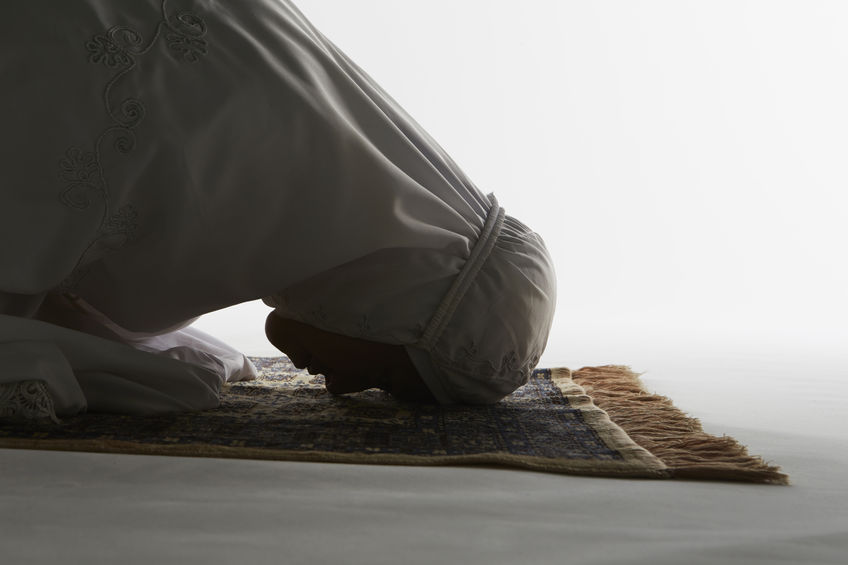
Jun 9, 2016 • Josyn Palma
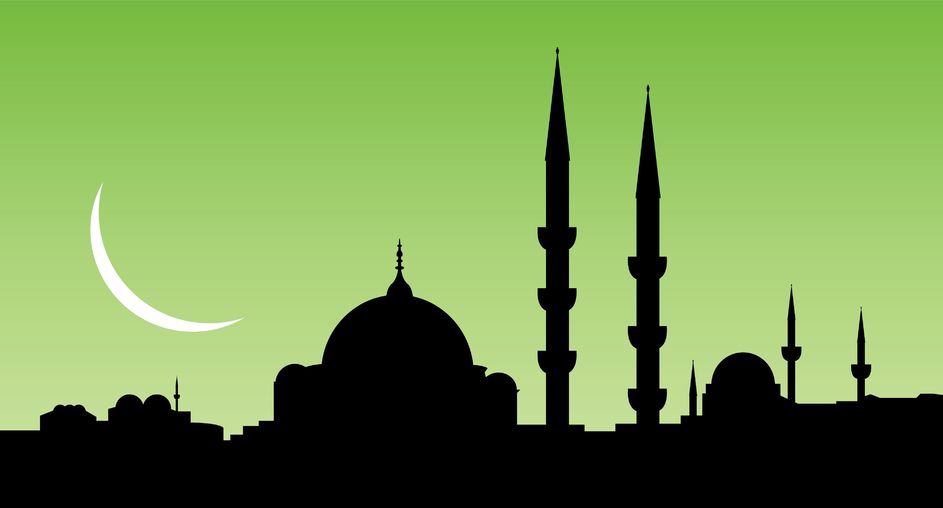 8 Things Every Pinoy Should
8 Things Every Pinoy ShouldBy Josyn Palma
Ramadan is considered one of the holiest months in the Muslim calendar. It’s a month of fasting, reflection and community—a time for Muslims around the world to come together and celebrate their brotherhood.
In the Philippines, there are approximately 5 million Muslims, making up 11% of the country’s entire population. While most of the country’s Muslim populations live in Mindanao, some have migrated northwards to Metro Manila. Sizeable Muslim communities can be found in just about every city, so it’s no wonder that in 2002, former President Gloria Macapagal-Arroyo declared the Eid’l FItr celebration as a national holiday through Republic Act 1977, in recognition and respect for our Muslim brothers and sisters.
So what exactly is Ramadan? Here are answers to some questions you may have been too shy to ask.
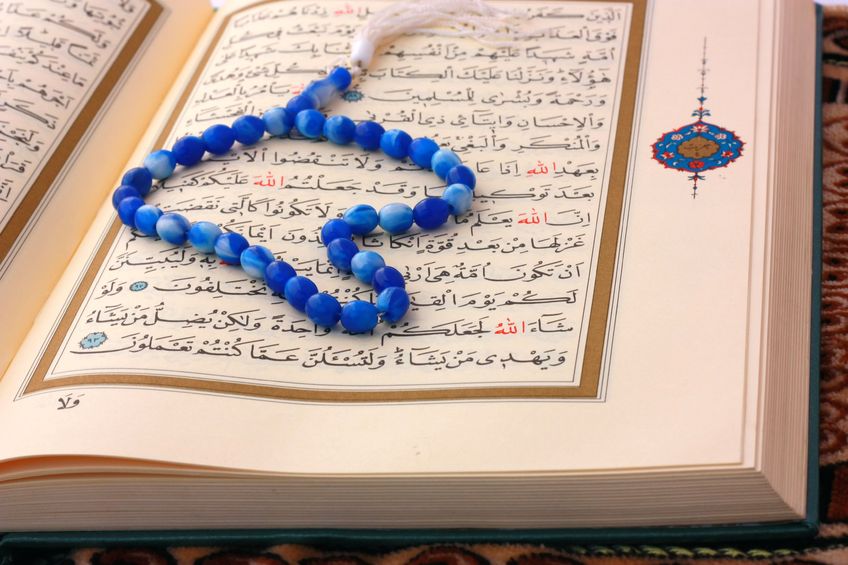
There are exceptions to fasting—if you are a lady and have your period, are pregnant, or are nursing, you are exempted from the fast. Travelers and the sick are also exempted from the fast. However, the exemption means that you’ll have to make it up for it by fasting later, or by helping feed the needy and the poor.
Ramadan is not celebrated in isolation, either. Because the worldwide community of Muslims (in Arabic known as the ummah, or the “brotherhood”) celebrates it together, it is encouraged to celebrate with your family, friends, and larger community.
Bonus Facts: Ramadan can get pretty rough depending on the season and where you live. Because the time of sunrise and sunset depends on the hemisphere you live in, some countries fast longer than others. However, the local communities have a fatwa, or a clerical decree from a Muslim scholar, that states that they can follow the fasting timeline of the closest Islamic country, like Turkey, or Saudi Arabia. This means that if sunrise at Mecca, Saudi Arabia is at 5am, they begin the fast at 5am. If the sunset is at 7pm, then prayers begin at 7pm and the fast is broken. This significantly shortens the fasting time.
In the Philippines, the fasting times are pretty standard, as our days have an average length. Sunrise is normally at 5am in the summer and 6am in the winter; sunsets are normally 6:30pm to 7pm in the summer, and 5:30pm in the winter. This means our fasts are normally between 12 and 14 hours—which is much better than16 or 23 hours in some countries! However, what becomes difficult is dealing with the summer heat. Because Filipino Muslims cannot have water, constant thirst and hunger are daily distractions.
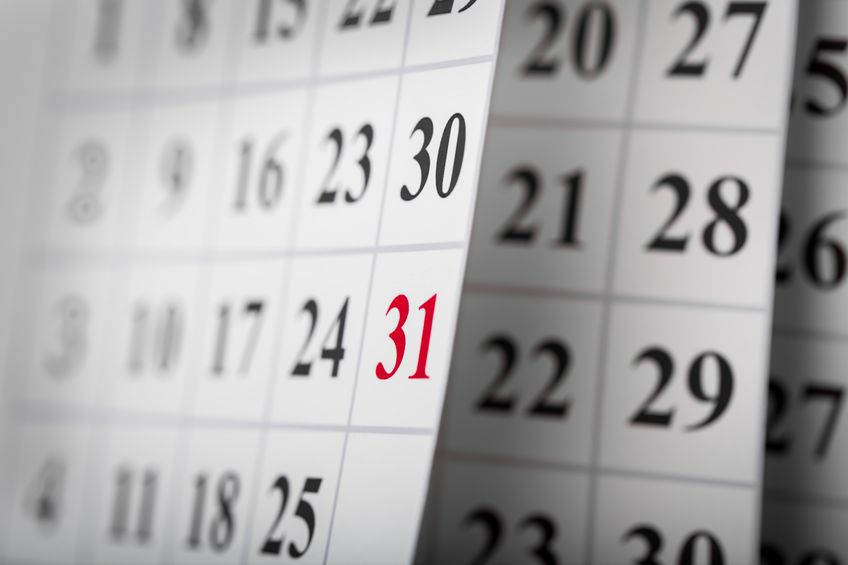
Ramadan is declared upon sighting of the crescent moon, and may vary from country to country. Each country normally has its own Muslim organization which makes this declaration—in the Philippines, it is declared by the National Commission on Muslim Filipinos (NCMF). Ramadan goes on for one month, after which there is the celebration commonly known as Eid’l Fitr. The NCMF also makes the declaration of Eid’l Fitr, to declare the end of Ramadan.
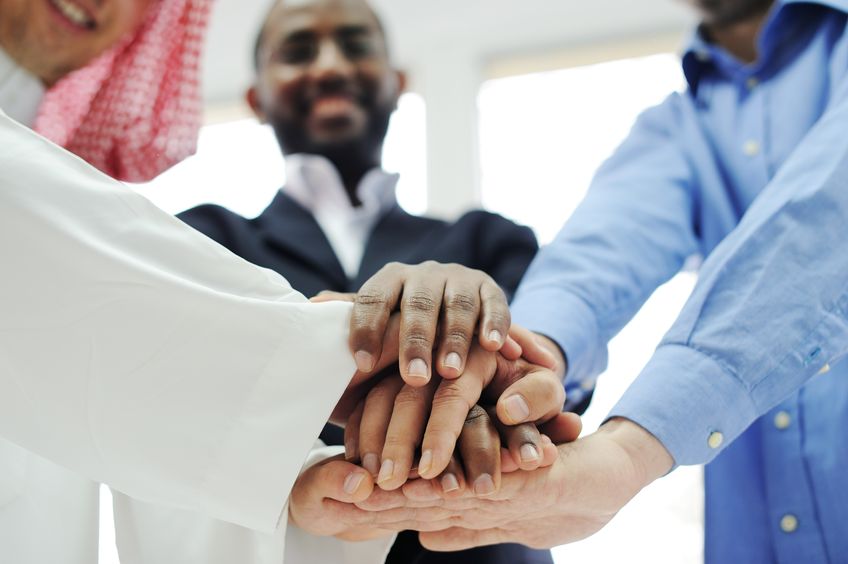
The relationship between the Philippine government and our Muslim population has not always been the best—we are still in the middle of a peace process to help address structural injustices passed on by the Spaniards and the Americans at the time of colonization. The recognition of Ramadan, and Eid’l Fitr as a holiday of national observance, extends the feeling of recognition and solidarity to our Muslim brothers and sisters, recognizing that their holidays are ours too—the same way that our holidays have become theirs over the years. In addition, we learn more about our Muslim brothers and sisters, recognizing that we are all part of the fabric of Philippine culture.
Because of the way that Muslim Filipinos have been largely isolated in Mindanao, there is a sense of “otherness” that many non-Muslims have. This, mixed with unfavorable media attention due to the current climate of pervasive Islamophobia worldwide, often breeds a sense of distrust among non-Muslims, and alienation among Muslims. By recognizing Muslim Filipino culture as part of Philippine culture, we are reminding ourselves that we are all part of one country with a mix of vibrant, living cultures—ones that deserve equal recognition, love and respect.
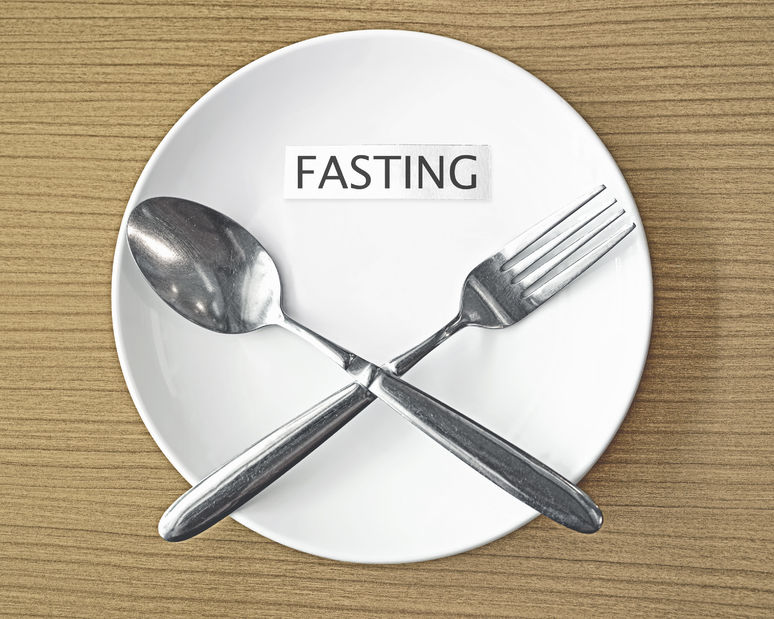
Fasting has two purposes: the spiritual and the social. Spiritually, the fast is ideally to bring Muslims closer to God (Allah) through the reminder of one’s mortality, frailty and the sustenance they receive from Allah. It also serves as a time of reflection for one’s relationship with Allah, and a time of meditation and focus to bring one’s faith (deen) closer to Allah.
Socially, it is to build compassion for the less fortunate and the destitute. It is a reminder of what it is like to be unable to eat or drink the whole day, so one feels compassion and a sense of duty to help those around them who are unable to regularly eat or drink. In a world where three billion people live below the poverty line, it’s a pretty good reminder.
While one would think that Muslims would hate Ramadan, many do look forward to it as it is a time for reflection and calm. Others have simply just gotten used to it as another time in their lives. Besides, Eid’l Fitr is a huge celebration, so there are perks and rewards for completing Ramadan. Many social celebrations go on during Eid (which normally lasts three days), and many female Muslims also take advantage of Eid to wear specially made abayas (long loose, dresses) and beautifully decorated hijabs (headscarves).
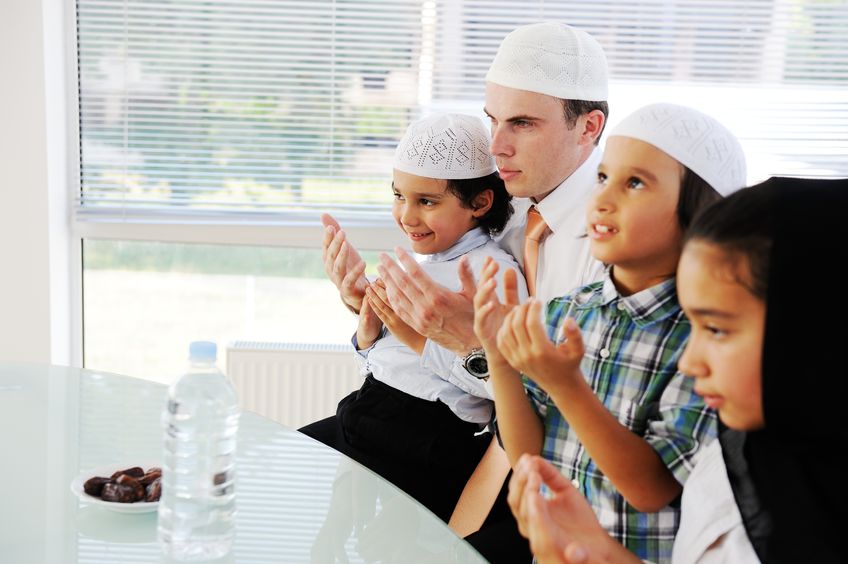
Muslims normally pray five times a day. Taraweeh is usually prayed after the Isha (sunset) prayers are said. Taraweeh prayers are said to absolve the devotee of their sins, and to seek rewards for their faithfulness. In other words, more blessings!
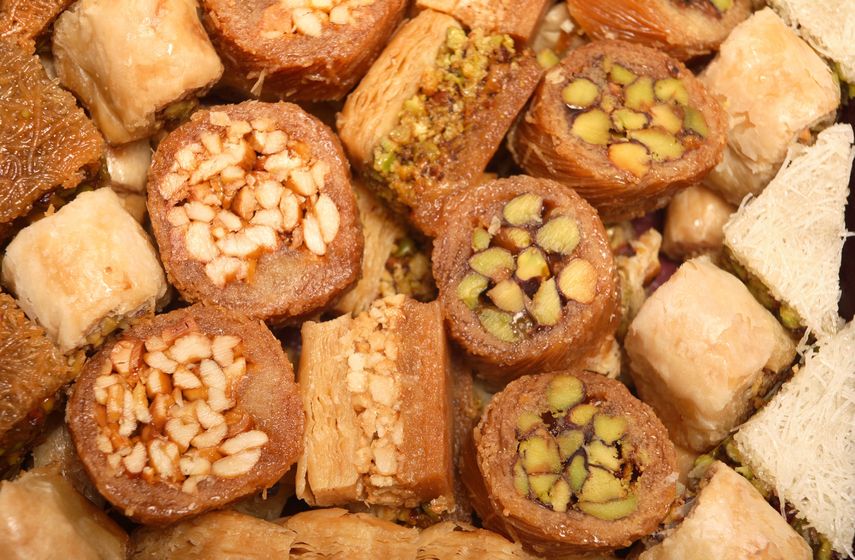
Iftar, on the other hand, is the meal at the end of the fast. As one can imagine, iftar becomes a mini-celebration every day. Iftar celebrations are usually between family and friends, and can often involve the entire community. Iftar is usually marked by first eating three dates, in keeping with the tradition of observed by the Prophet Muhammad (pbuh).

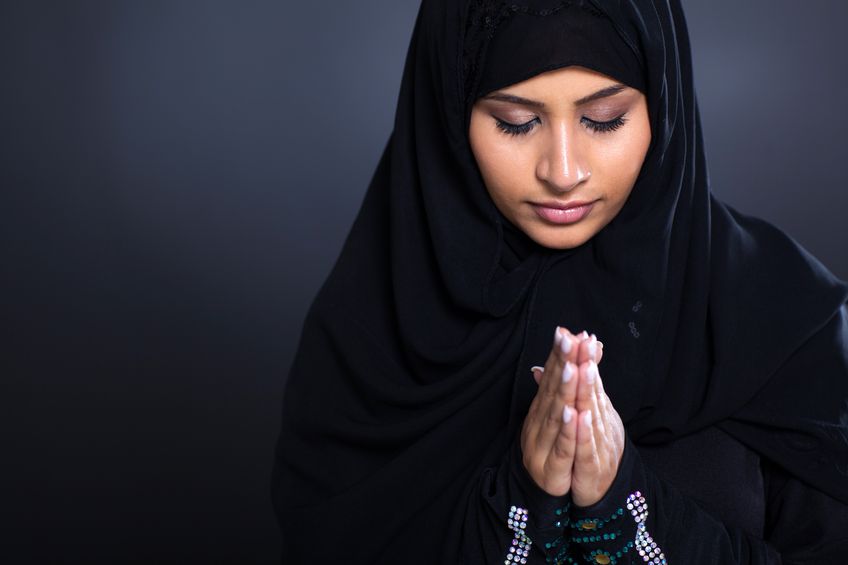
Another way is to refrain from discussing food in front of fasting Muslims. Food is great, but sometimes even the thought of food during the fast becomes very difficult. It is also tempting to taunt Muslim friends by eating or drinking in front of them, but it’s being really insensitive and rude. Please don’t do that. And please don’t consider Ramadan just a “diet” they go through once a year – it’s a very serious month for many Muslims, and refraining from food and drink is only one part of it.
Some friends have also made the option of doing a one-day fast in solidarity, “for fun” or to “see how it feels like”—it’s a great way of showing respect and solidarity, but don’t think it’s something you have to do.
Ramadan was declared in the Philippines on June 6, 2016. Ramadan kareem!
What do you think Pinoys should know about Ramadan? Sound off in the comments below!
Input your search keywords and press Enter.
